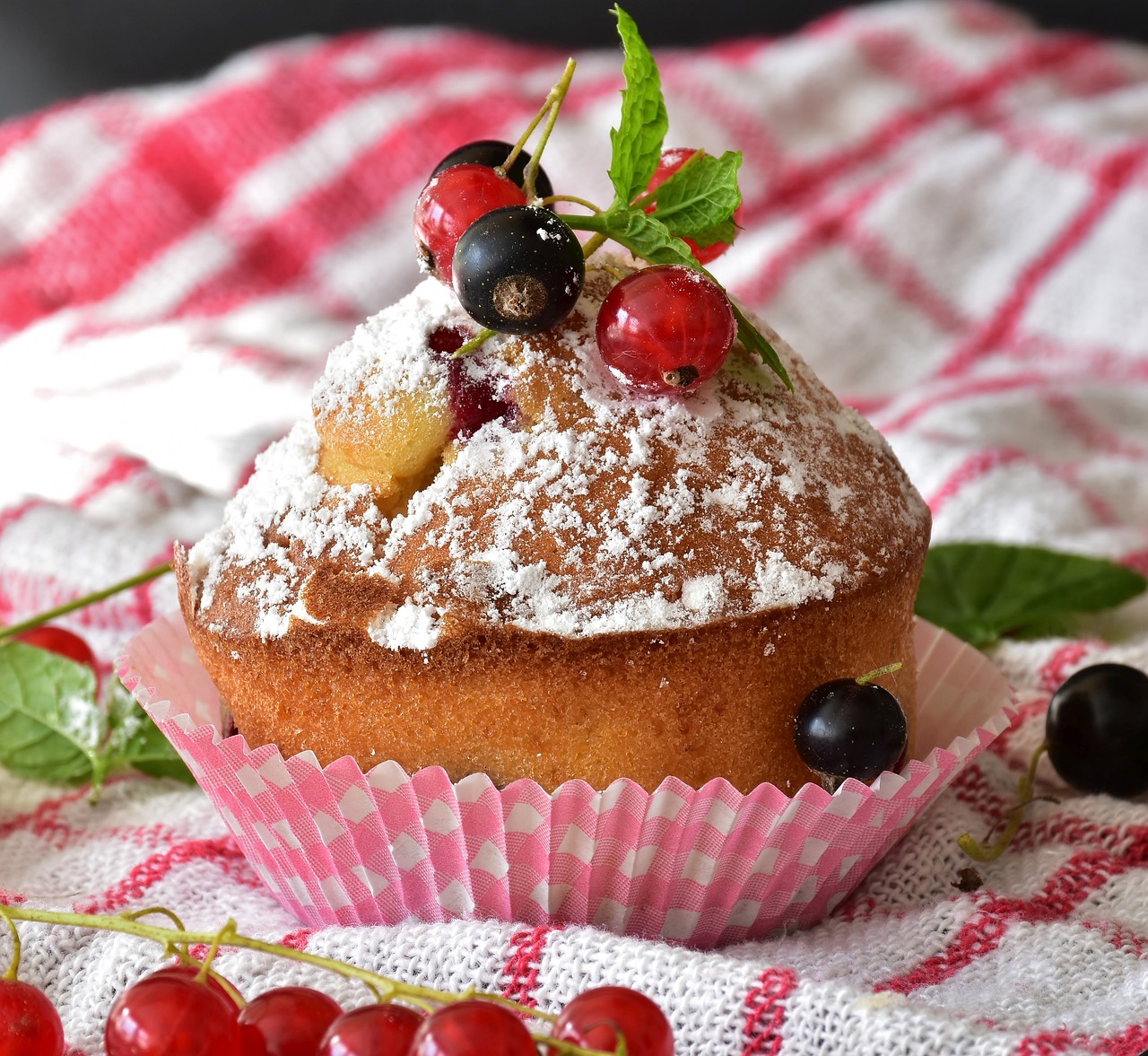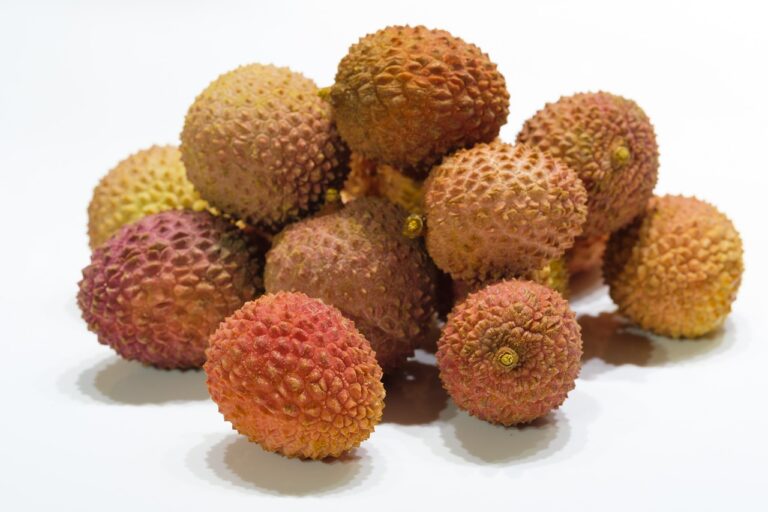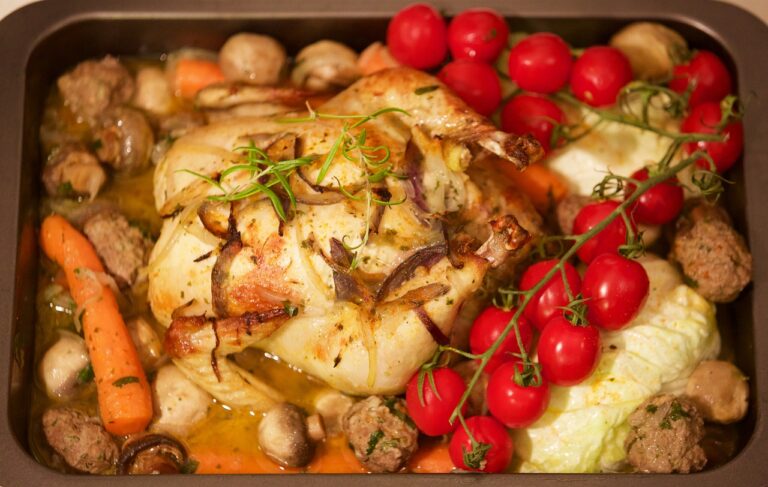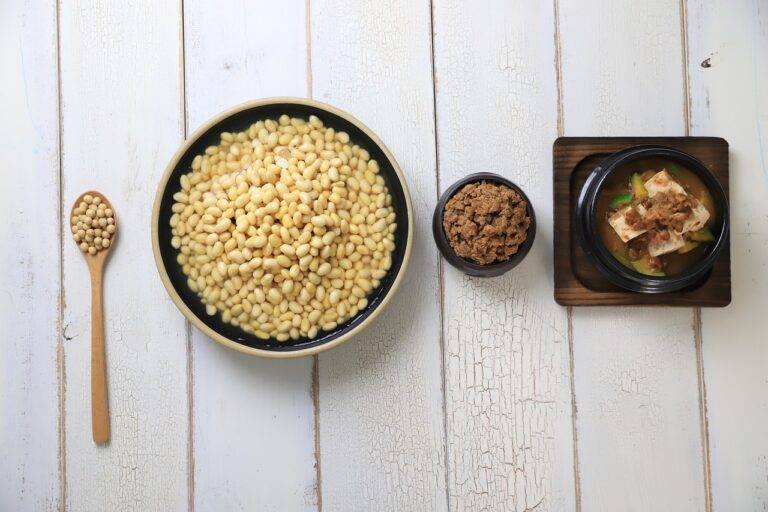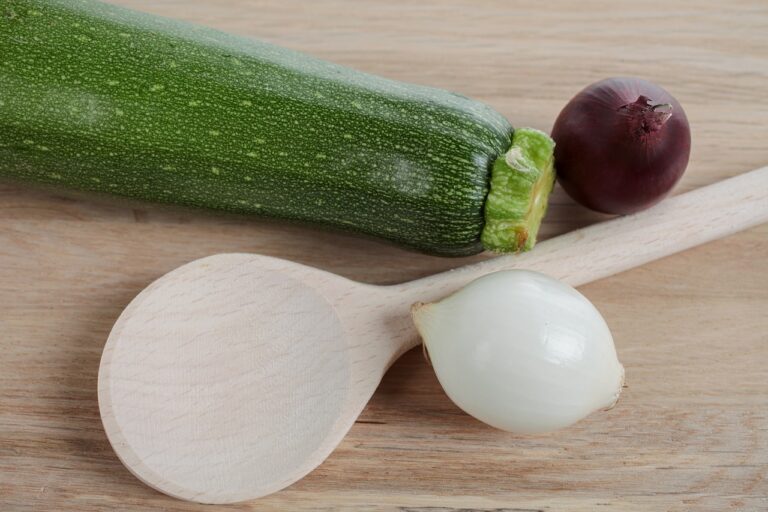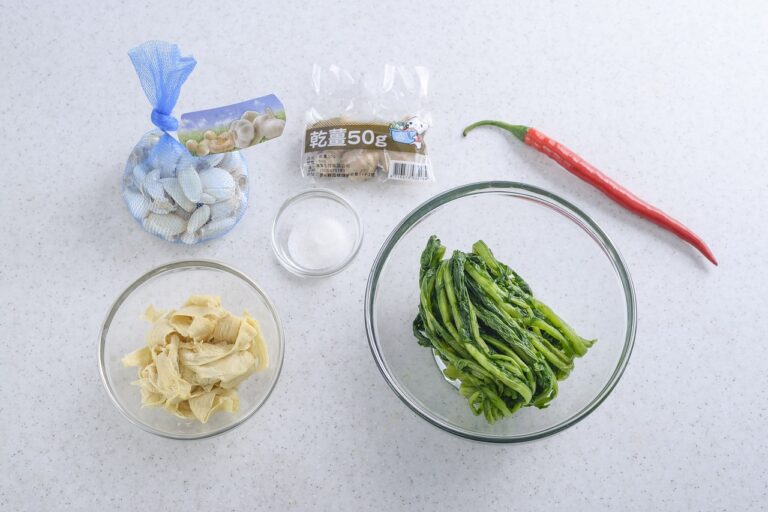Cooking with Alternative Sweeteners
When it comes to cooking and baking, sugar is often a crucial ingredient that adds sweetness and texture to our favorite dishes. However, as more people become conscious of their sugar intake and the negative health effects associated with excessive sugar consumption, many are turning to alternative sweeteners as a healthier option. In this article, we will explore the world of alternative sweeteners and how you can incorporate them into your cooking and baking.
What are Alternative Sweeteners?
Alternative sweeteners, also known as sugar substitutes, are substances that are used to sweeten foods and beverages instead of sugar. These sweeteners can be categorized into two main groups: artificial sweeteners and natural sweeteners.
Artificial Sweeteners
Artificial sweeteners are synthetic sugar substitutes that are often much sweeter than sugar, allowing you to use less of them. Some commonly used artificial sweeteners include:
- Aspartame: This is a low-calorie sweetener that is commonly found in diet sodas and sugar-free products.
- Saccharin: This is one of the oldest artificial sweeteners and is often used in tabletop sweeteners.
- Sucralose: Known by the brand name Splenda, this sweetener is heat-stable, making it suitable for baking.
Natural Sweeteners
Natural sweeteners are derived from natural sources such as plants and fruits. These sweeteners are often perceived as a healthier alternative to artificial sweeteners. Some popular natural sweeteners include:
- Stevia: Stevia is a plant-based sweetener that does not affect blood sugar levels, making it a great option for diabetics.
- Agave Nectar: This sweetener is derived from the agave plant and is sweeter than sugar, so you can use less of it in your recipes.
- Maple Syrup: Made from the sap of maple trees, maple syrup adds a rich, distinct flavor to dishes.
Benefits of
There are several benefits to using alternative sweeteners in your cooking and baking:
- Lower Calorie Content: Many alternative sweeteners are low in calories or calorie-free, making them a great option for those watching their weight.
- Stable Blood Sugar Levels: Natural sweeteners like stevia do not cause spikes in blood sugar levels, making them ideal for individuals with diabetes.
- Reduced Tooth Decay: Since many alternative sweeteners do not promote the growth of harmful bacteria in the mouth, they can help reduce the risk of cavities and tooth decay.
How to Cook with Alternative Sweeteners
When substituting alternative sweeteners for sugar in your recipes, it is important to consider the sweetness level and consistency of the sweetener. Here are some tips for cooking with alternative sweeteners:
- Adjust the Amount: Alternative sweeteners are often sweeter than sugar, so you will need to use less of them in your recipes. Be sure to taste and adjust the sweetness level as needed.
- Consider the Texture: Some alternative sweeteners, like honey and maple syrup, add moisture to dishes. Adjust the liquid content of your recipes accordingly to achieve the desired texture.
- Know the Heat Stability: Not all alternative sweeteners are heat-stable, so be sure to choose a sweetener that can withstand baking or cooking at high temperatures.
Recipes Using Alternative Sweeteners
Now that you are familiar with alternative sweeteners, here are some recipes that you can try using these healthier alternatives:
- Stevia-Sweetened Lemonade: Swap out sugar for stevia in this refreshing summer drink for a low-calorie, sugar-free option.
- Agave-Sweetened Granola: Use agave nectar to sweeten your homemade granola for a delicious breakfast or snack option.
- Maple-Sweetened Pumpkin Muffins: Add a touch of maple syrup to your pumpkin muffins for a warm, cozy flavor that’s perfect for fall.
FAQs
Q: Are alternative sweeteners safe to consume?
A: The FDA has approved the use of many alternative sweeteners as safe for consumption. However, it is important to consume them in moderation and be aware of any potential side effects.
Q: Can I use alternative sweeteners in baking?
A: Yes, many alternative sweeteners are suitable for baking. Be sure to choose a sweetener that is heat-stable and adjust the amount based on the sweetness level.
Q: Do alternative sweeteners have a weird aftertaste?
A: Some alternative sweeteners, especially artificial ones, may have a slightly different aftertaste compared to sugar. It may take some time to get used to the flavor.
Overall, cooking with alternative sweeteners can be a healthy and delicious way to enjoy your favorite foods without the guilt of excessive sugar consumption. Experiment with different sweeteners in your recipes to find the perfect balance of sweetness and flavor that works for you. Happy cooking!

